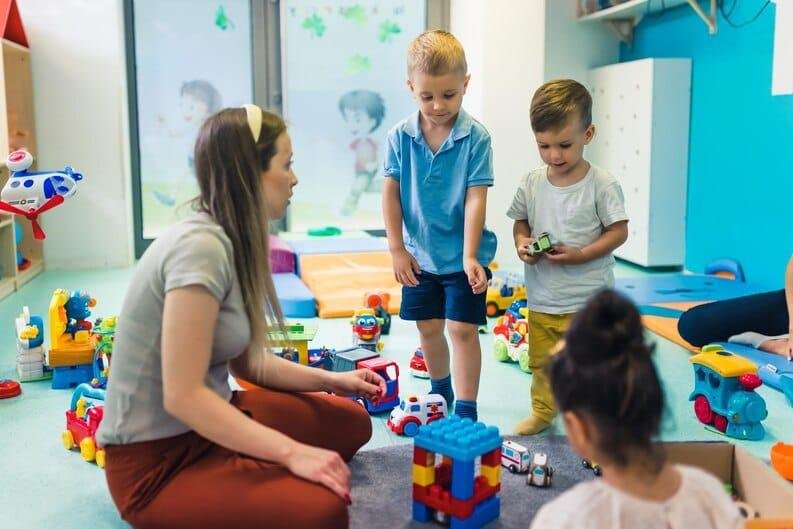Providing expert ABA therapy in daycare settings across Canada, we help children develop essential skills in a structured, social, and supportive environment—fostering growth, confidence, and meaningful peer interactions.

Applied Behavior Analysis (ABA) is an evidence-based therapy widely used across Canada to enhance communication, social skills, and behavior in children with autism. Through individualized, structured interventions tailored to each child’s unique needs, ABA fosters meaningful developmental progress and supports long-term success in everyday life.


ABA therapy at daycare in Canada offers a social, interactive learning environment where children benefit from consistent support in a group setting. This approach promotes essential developmental growth within a structured and nurturing space.
Evidence-based therapies such as Applied Behavior Analysis (ABA), speech therapy, and occupational therapy are highly effective in supporting children with autism across Canada. These interventions are tailored to each child’s unique needs and focus on enhancing communication, social skills, behavior, and daily living abilities. By targeting key developmental areas, these therapies promote meaningful progress and foster greater independence in everyday life.
ABA therapy helps children with autism build essential skills in communication, social interaction, and behavior management. Using structured, evidence-based techniques, it focuses on teaching new skills, reinforcing positive behaviors, and reducing challenging ones. This personalized approach promotes long-term success and greater independence in daily life for children across Canada.